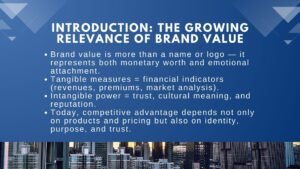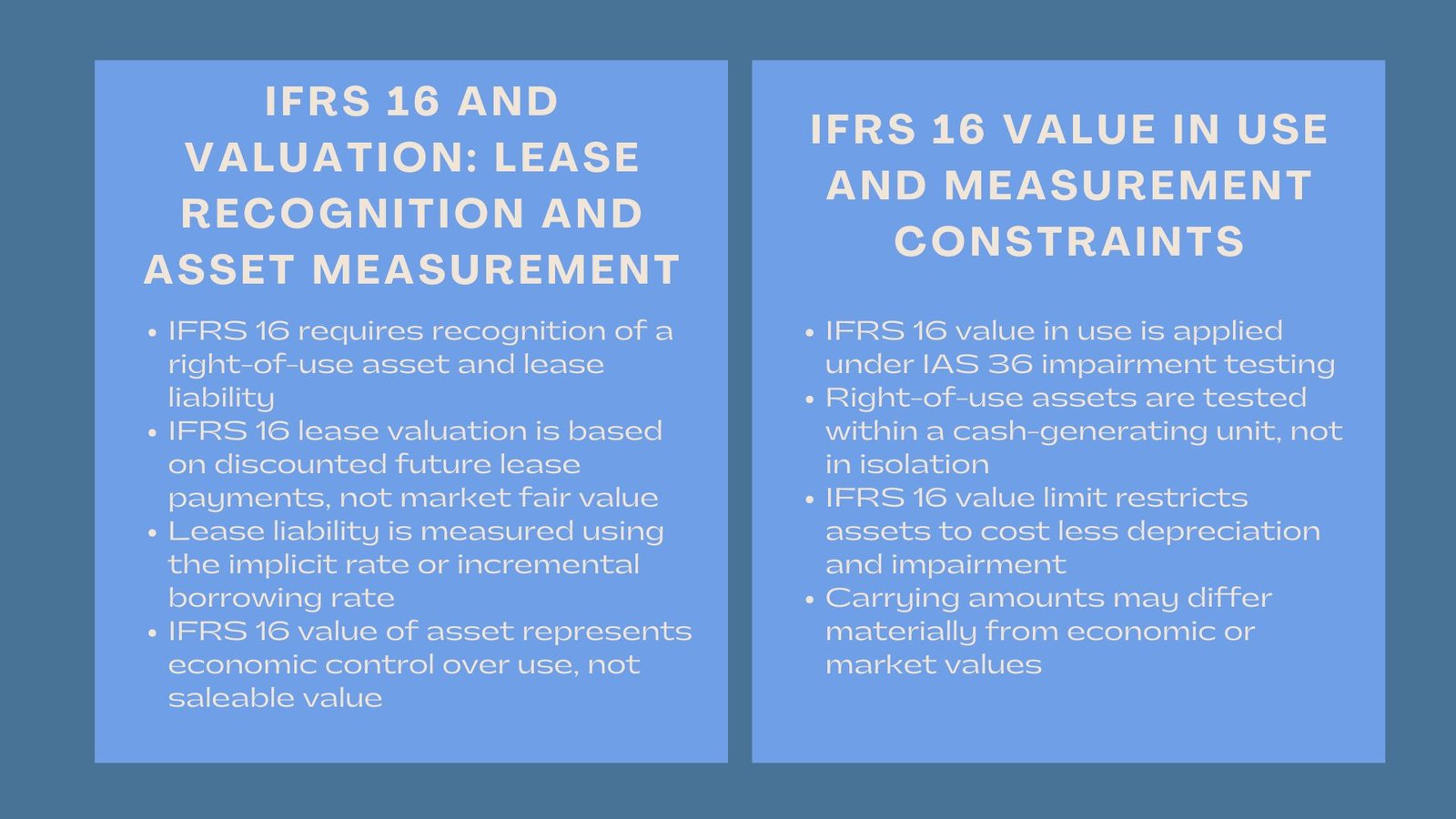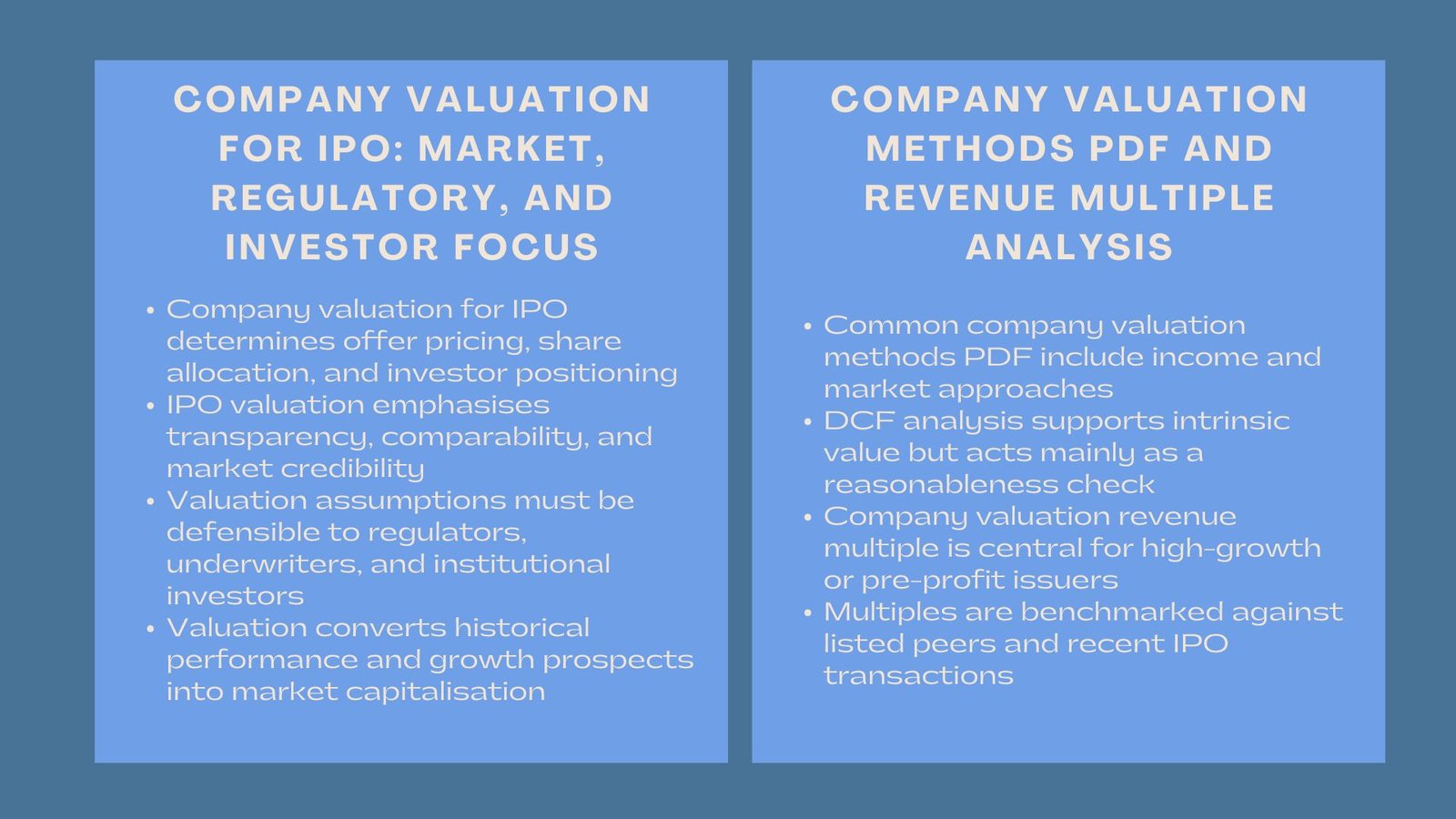
How Brand Valuation Links Brand Equity to Business Success
Guide to How Brand Valuation Links Brand Equity to Business Success
Introduction: The Convergence of Brand and Business Value
In the current competitive business environment where most businesses have a global presence, it is uncommon to find the profitability of a business to depend mainly on the tangible assets. The traditional balance sheets focus more on factories, equipment and physical infrastructure but these sometimes constitute only a small part of the actual value of a company. More frequently, the sources of sustained value creation are intangible (those that cannot be touched), including intellectual property and customer relationships, and brand equity, are also recognized to be the major drivers of value creation in recent years.
Brand valuation has cropped up as a strategic measure to quantify this equity enabling businesses to align brand performance with those of overarching organisational objectives. It is more than a financial exercise and to that extent, a bridge between marketing, corporate strategy, and investor confidence, similar to options such as how to get business valuation online Singapore for assessing other areas of corporate worth.
To understand why brand valuation is important is to examine how it helps create perceptions, drive investment decisions and also become an important element of corporate decision-making. Brand equity has a significant influence on how modern business environments can expand their competitive stance and leverage ability to garner price power as well as establish resilience during emergency situations. The approach of connecting brand valuation and business strategy enables organizations to ensure long-term growth and increase their competitiveness in the changing environment, often relying on expert brand valuation services Singapore for businesses to guide strategic planning.
Defining Brand Valuation: A Strategic and Financial Lens
In its simplified form, brand valuation is the measurement of financial value of a brand by the means of determining economic outcomes that the brand is to deliver in future based on its strength and its recognition. It is not only a question of how much a logo or a name can be worth in its own right, it is about how brand equity contributes to a company’s performance. There are a number of ways to measure: at the cost-level, at the market-level, and based on income. All the methods are used to achieve the same goal: to measure the intangible as they capture various perspectives.
Strategically, brand valuation gives clear indications of how brand adds to faithfulness of customers in gathering revenue, and expansion in the market. Financially it will give investors, regulators and managers of business a viable tool of measurement that can be converted into monetary terms of business, the opinion of the consumer. Recent examples of companies with a huge brand value such as Apple, Google, or Coca-Cola clearly point to the importance of brand valuation since in these companies, the value of market capitalization is much more related to their intangible brand assets compared to the actual physical possessions. Being able to explain the value a brand has earned raises the issue of transparency and instills confidence in stakeholders.
The Role of Brand Valuation in Strategic Decision-Making
It is also one of the reasons why brand valuation is important because it is strategic in helping the company undergo strategic action. To executives, it can act as a guide to allocating the resources, investing in marketing, and the positioning relative to competitors. In order to know where to invest and make further decisions on entering into new markets, it is when organizations understand clearly how their brand will translate into revenue, they will be in a better position to make decisions on how to go about them. This process is comparable to insights gained from strategic decision making game theory training Singapore, where decision frameworks strengthen executive choices.
Brand valuation is also an important process in merger and acquisition. This is because premiums paid in many high profile deals are driven by brand equity. Think of how companies such as consumer goods conglomerates pay large amounts of money to buy smaller brands that elicit great affection. The estimation of these brands carry-directly into the negotiation, purchase price and post-acquisition integration strategies. In addition to the M&A, brand valuation informs long-term efforts including diversification, globalization, and product development decisions because business investments must hinge on an understanding of the financial payoffs attributable to the brand.
Linking Brand Equity to Business Performance
The core relationship between brand value and business strategy is a subject that becomes clear as you examine performance measures. A powerful brand allows charging high prices, retaining customers, and being strong in competition. It enables companies to expend less money in acquiring customers but end up with good margins. Furthermore, in times of economic recession, reputable brands are more likely to keep the consumers loyal, which will not allow the revenue stream to be seriously damaged.
As an example, the retail and technology sector; brand valuation will be the reason why customers always tend to favor certain organizations over other ones providing similar products. The confidence, familiarity, and subjective quality of the brand convert directly into long run cash flows. When companies take the long-term view and track brand valuation through the years, they can tell whether their marketing efforts, customer experience initiatives, and other innovation pipelines are really delivering bottom line results. This combination of brand and business metrics is relevant in that one of the reasons as to why brand valuation should be central to strategic planning is because of its necessity.
Brand Valuation as a Tool for Investor Confidence and Stakeholder Trust
Besides informing internal strategy, brand valuation has great influence on the outer perceptions. Indeed, investors and financial analysts have over time taken recourse to brand valuation measures in determining the long-term viability of companies, particularly in the areas in which intangibles form the real meat. Good and open brand valuation does not only give an indication about the present performance but also demonstrates the future growth potential.
Not only are shareholders benefactors of brand valuation. Such results as more employees having a better understanding of the market position of the company can increase employee morale and lead to the attraction of the best personnel. Customers perceive high brand value as a substitute pointer to quality and reliability, reinforcing purchasing behaviour. Brand valuation even attracts the attention of regulatory bodies and policymakers as to how it promotes general market stability and competition in an industry. In such a manner, a brand valuation chart can be regarded as more than just a figure of value; it is a story of trust, reliability, and long perspectives.

Challenges in Measuring and Leveraging Brand Valuation
Although the brand valuation is vital, it has a series of difficulties. Unlike material assets, brands are dynamic and are defined by what consumers think of them, by cultures, and market environments. This renders their valuation both science and art. There are a lot of differences in methodologies, with some focus on discounting cash flows, others on consumer research or research on comparable market transactions. Such variance may cause some variation in brand values reported by different researchers.
Also, companies have a difficult time getting internal stakeholders to align to the strategic insights of brand valuation. Whereas marketers see this as an assurance of brand building activities, the finance departments would insist on more stringent and measurable standards. The way to bridge this gap is through clear communications and incorporation of brand value to corporate dashboards, performance reviews and reports presented to the board of directors. The risk here is that brand valuation will become a side issue compared to the major business strategy.
Conclusion: Embedding Brand Valuation in Strategic Growth
The importance of brand valuation is much more than its application in a financial statement, a marketing report. It is a strategic guide that gives the companies clues on how to establish, safeguard, and grow their brands to generate long-lasting value. By directly connecting brand equity to business strategy, organizations extract a decision framework with financial rigor that is balanced by consumer insight.
The firms which consider brand valuation as a strategic priority will be among the companies to stand out because competition in services and products is getting stiffer and intangible assets underpin market capitalization. With this, they will not only gain confidence in their investors but also have stronger, more resilient relations with customers and employees. The answer is to integrate brand valuation as a part of the strategic growth process so that even when decisions are made, brand valuation is considered both in terms of the physical and intangible aspects of enterprise. After all there is not better indication of the future of business under all than discovering the reasons brand valuation is so important to the business today.`














